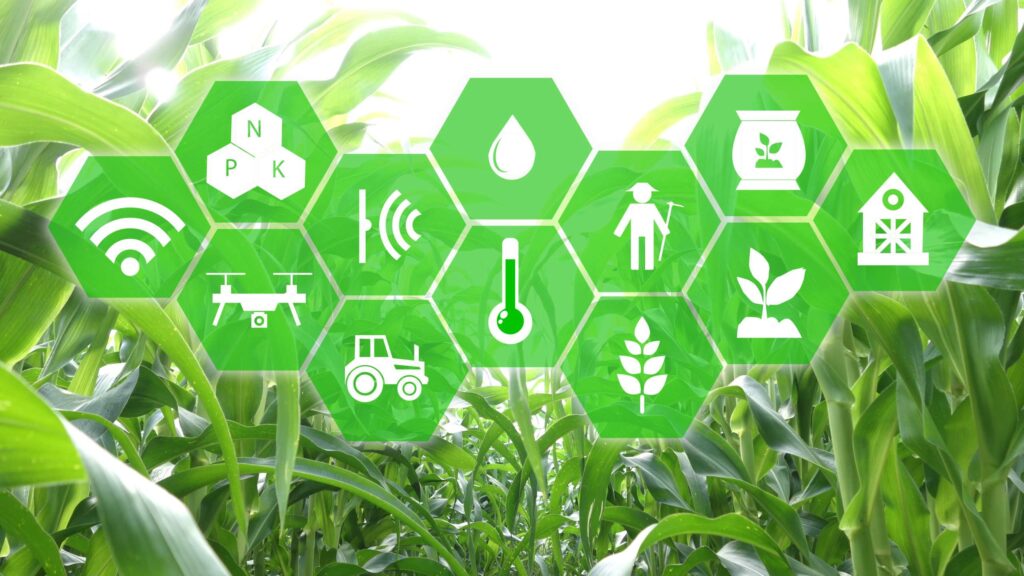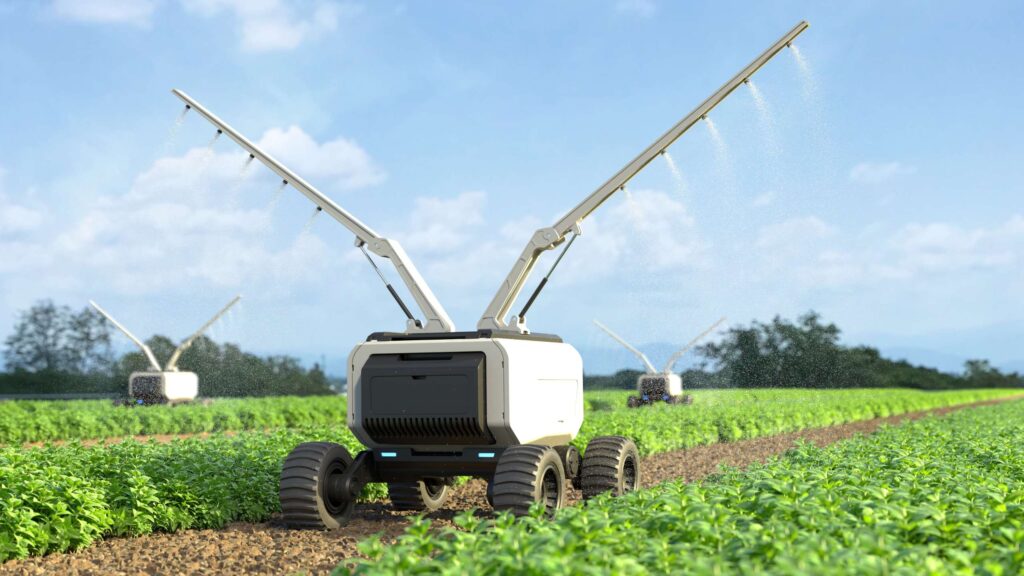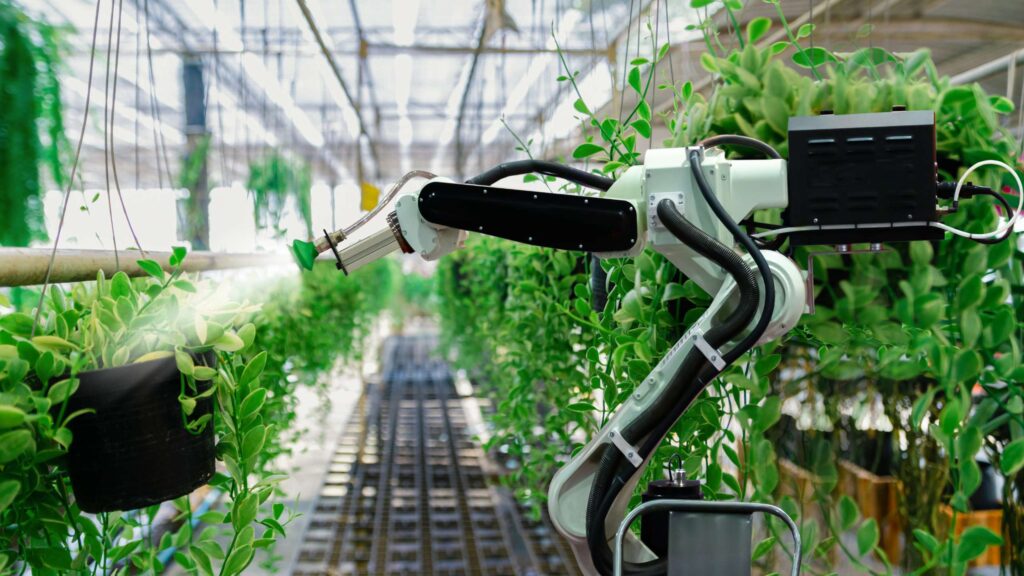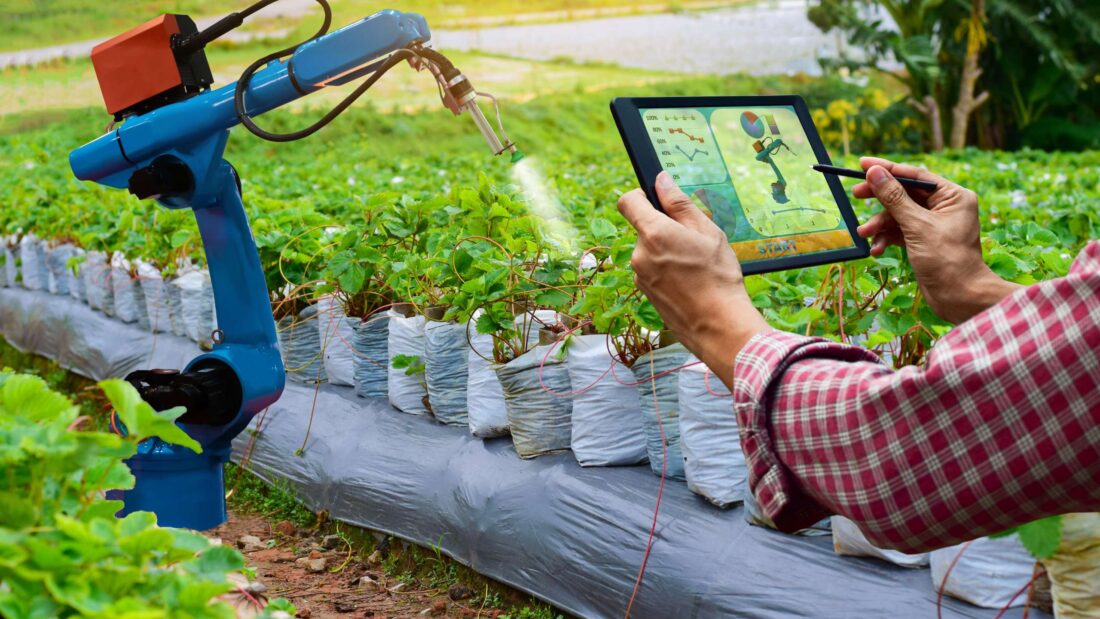The Future of Agriculture: Smarter, Sustainable, and Efficient
Agriculture is entering a new era of transformation, driven by the urgent need to produce more food sustainably for a growing global population. Modern advancements are reshaping farming practices, introducing smarter, more efficient methods to enhance productivity while reducing waste and environmental impact. Technologies like artificial intelligence (AI), the Internet of Things (IoT), and automated machinery are at the forefront of this agricultural revolution.
Precision Farming: Transforming Field Management
One of the most impactful innovations shaping the future of agriculture is precision farming. This data-driven approach utilizes advanced sensors, GPS technology, and analytics to give farmers precise control over their fields. By closely monitoring soil conditions, weather patterns, and crop health, farmers can allocate water, fertilizers, and pesticides with pinpoint accuracy.
This not only reduces resource wastage but also minimizes environmental harm and maximizes yields. For instance, smart irrigation systems can water crops only when needed, significantly reducing water usage. Similarly, automated machinery powered by AI can perform tasks like planting and harvesting with extraordinary precision, saving time and labor costs.
Drones are also becoming indispensable tools in precision farming. These aerial devices monitor crop health, identify pest infestations, and even assist in applying treatments, making farm management more efficient and proactive.

Technology Addressing Climate Change Challenges
Climate change is one of the greatest challenges faced by modern agriculture, but technology offers promising solutions. Farmers are adopting practices such as growing drought-resistant crops and using precision water management systems to adapt to extreme weather conditions.
Controlled-environment agriculture, including smart greenhouses, enables year-round cultivation by providing crops with optimal growing conditions regardless of external weather. These systems reduce reliance on natural resources, allowing for efficient farming even in arid or climate-sensitive regions.
Environmental Sustainability and Food Waste Reduction
Sustainability is a central focus of agriculture’s future. Farmers are increasingly turning to sustainable farming practices to reduce their environmental footprint while maintaining productivity. Smart farming systems that integrate IoT devices and data analytics help minimize waste by ensuring that resources like fertilizers and water are used only when necessary.
Moreover, advanced inventory management systems enable farmers to predict market demands and adjust production levels, preventing overproduction and food spoilage. As a result, these practices contribute to a more balanced and efficient food supply chain.

Digital Transformation in Agriculture
The digital revolution is reshaping the agricultural industry in profound ways. Blockchain technology, for example, enhances transparency and traceability across the food supply chain. With blockchain, consumers can verify the origins, quality, and safety of their food, fostering trust and confidence in the products they purchase.
Additionally, e-commerce and digital platforms are bridging the gap between farmers and consumers, enabling direct sales and reducing the inefficiencies of traditional supply chains. This not only boosts farmers’ incomes but also provides consumers with fresher, more affordable produce.
The Rise of Automated Farming
Automation is becoming increasingly integral to farming operations. Intelligent robots are now capable of performing labor-intensive tasks such as planting, watering, and harvesting with minimal human intervention. These robots enhance efficiency and reduce the reliance on seasonal labor, addressing one of the longstanding challenges of traditional agriculture.
Similarly, autonomous tractors and machinery equipped with AI are making farming operations faster and safer. These innovations free up farmers to focus on strategic planning and resource management rather than manual labor.

Conclusion: A Sustainable and Digital Agricultural Future
The future of agriculture is bright, marked by a shift towards smarter, more sustainable practices powered by cutting-edge technology. Precision farming, climate-adaptive techniques, automation, and blockchain-driven transparency are transforming the way food is grown, distributed, and consumed.
As the global demand for food continues to rise, these innovations ensure that agriculture remains efficient, environmentally friendly, and capable of meeting the challenges ahead. The agriculture of tomorrow will not only feed the world but also protect the planet, paving the way for a sustainable and prosperous future.

No Comments